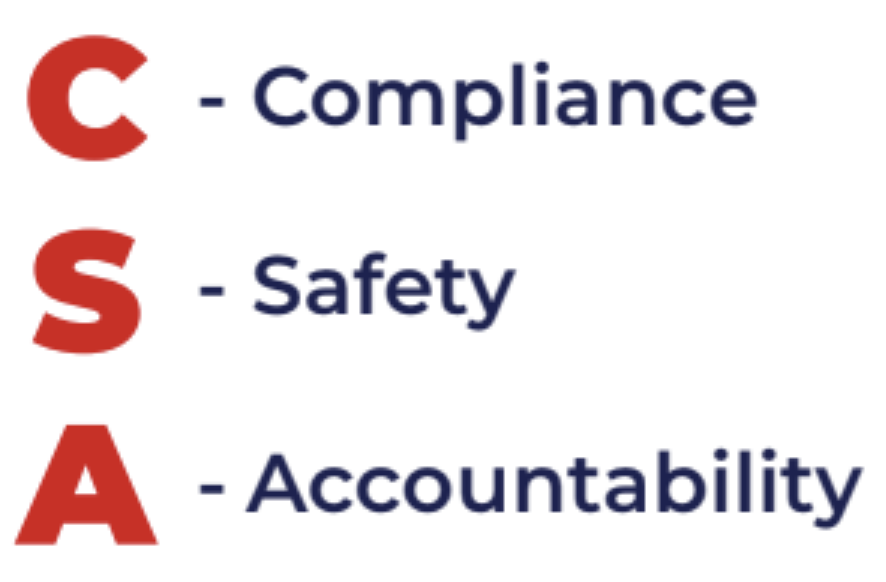CSA stands for Compliance, Safety, Accountability. It’s a safety measurement tool used by the Federal Motor Carrier Safety Administration (FMCSA) to track the safety performance of drivers and commercial motor vehicle (CMV) carriers operating on U.S. highways. Note that while CSA data tracks driver performance, the drivers do not receive the CSA score. The score is assigned to carriers. Of course, if you are an owner-operator, your driving habits directly impact your company’s CSA score.
At first glance, CSA scoring may seem like a compliance hassle. But it could be an opportunity for you to show your current drivers and job applicants that you care about driver safety. A good CSA score (as close to 0% as possible) can also help you reduce your chances of a DOT audit and lower your insurance premiums.
How CSA Scores Work
CSA scores are calculated through the Safety Measurement System (SMS), which pulls together two years’ worth of driver performance data, including:
- Traffic violations
- Crash reports
- Roadside inspections
- Safety audits and investigations



